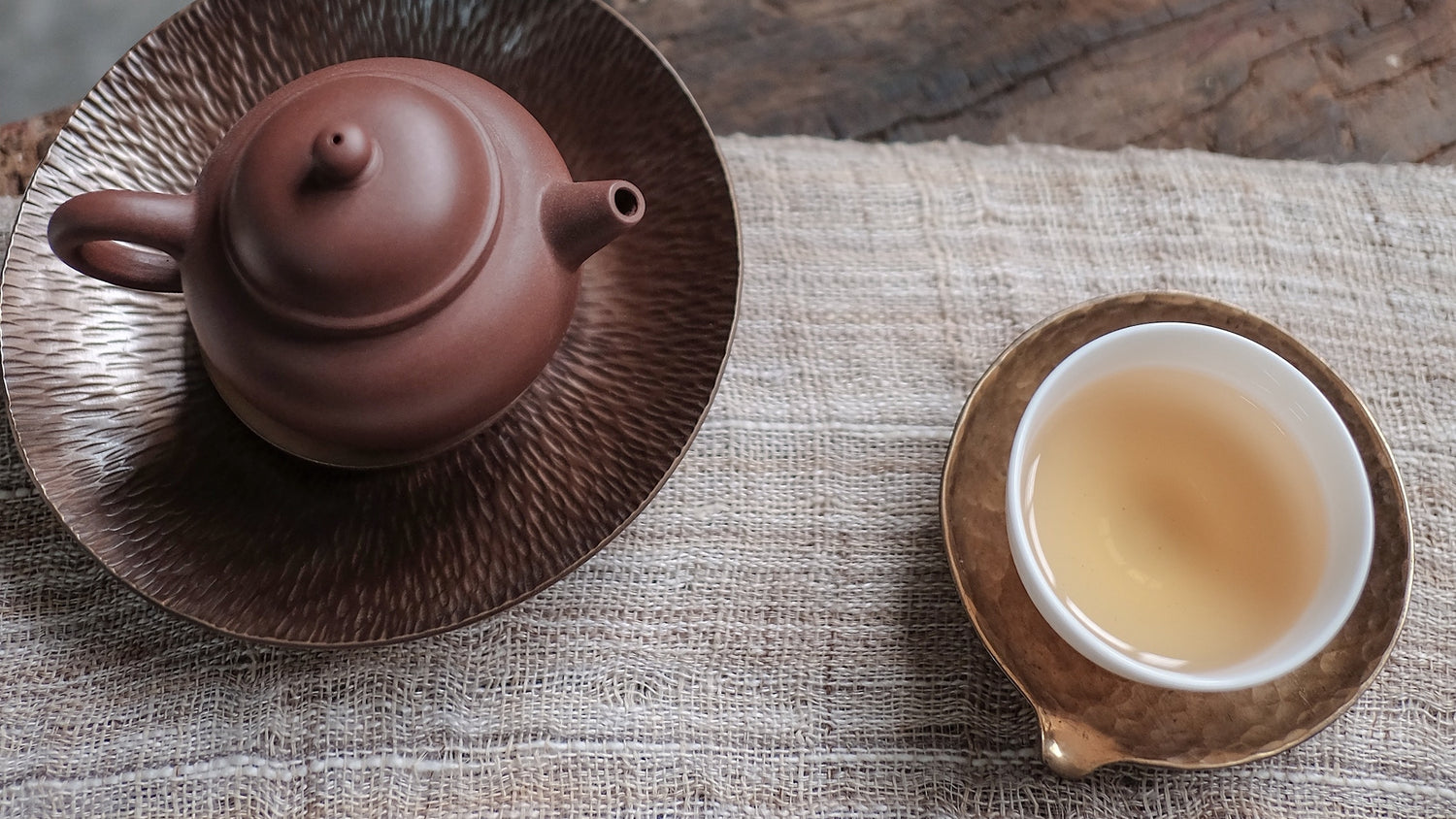Traditional Chinese Medicine (TCM) is a holistic system of natural healing that has been practiced for thousands of years. It's based on the belief that health is a state of balance and harmony across the body, mind, and spirit. TCM aims to heal the root causes of illness, rather than just treating the symptoms as Western medicine often does.
Core Understandings
"Everything that appears in the physical realm is always connected with energy flow at the invisible level." - Nan Lu
☯️ Yin and yang: these opposing but complementary forces pervade the human body as well as the universe as a whole (e.g. night vs day). Yin is associated with qualities such as darkness, cold, and passivity, while yang is associated with qualities such as light, heat, and activity. Imbalances in yin and yang lead to health issues and TCM seeks to restore this.
🔋 Qi (pronounced chee): the vital life force energy that is the fundamental building block of everything in and around us. Qi is responsible for all bodily functions, including metabolism, mental well-being, digestion, and immunity. When Qi flows freely and abundantly, health is maintained. TCM works to regulate the flow of Qi in order to heal.
〰️ Meridians: invisible energy pathways within the body, through which Qi flows. There are 12 major meridians within the body, each corresponding to an internal organ.
🔥 The five elements: the fundamental elements of nature are wood, fire, earth, metal, and water. These elements reflect an innate understanding of natural law and the Universal order underpinning the natural world. For example, wood is said to give rise to fire, fire is said to give rise to earth, and so on. Each element is associated with categories such as internal organs, emotions, seasons, color, etc. TCM practitioners use the five elements as a diagnostic framework to discover where imbalances lie.

Treatments
TCM practitioners use a variety of modalities to restore balance to the body. These vary depending on the individual patient's condition. Some common treatments include:
- Acupuncture: a technique that involves inserting thin needles into specific points on the body’s meridians to stimulate the flow of Qi and restore balance to the body. There is a growing body of scientific evidence supporting its efficacy across a range of conditions.
- Acupressure + massage: similarly to acupuncture, specific hand techniques are used to stimulate acupoints along meridians to encourage free flow of Qi.
- Food as medicine: beyond a food’s nutritional and calorie profile, TCM observes that every food has a healing essence and uses the Five Element philosophy to prescribe particular organs with particular foods (e.g., sour foods such as lemon and pickles for the liver). TCM also favors seasonal eating, again in line with the Five Elements framework.
- Herbal medicine: a TCM practitioner creates a powerful team of herbs by combining individual herbs with different properties. The resulting formula is greater than the sum of its parts, with each herb within the formula performing a specific task to achieve an overall healing goal.
- Qigong or "energy work": using movement and postures to increase and balance your body’s Qi by stimulating and nourishing internal organs.
TCM + the Menstrual Cycle
Through a TCM lens, the predominant patterns associated with PMS are stagnation of Qi in the liver, as well as blood deficiency. Anger, irritability, and frustration—symptoms commonly associated with PMS—are thought to cause liver Qi stagnation, making this a self-perpetuating problem.
At Looni, we believe TCM plays an important role in promoting whole body health and wellness. That's why we've included a number of ingredients in our Balance Beam supplement that have properties rooted in TCM. Some of these include:
- Ashwagandha, utilized as an adaptogen to cope with stress
- L-theanine, naturally occurring in green tea, used to calm, relieve anxious feelings, and increase focus
- Zinc, an important Qi tonic to boost immunity and mood
We believe that by combining the principles of TCM with modern science, we can create products that promote balance and wellness in the body. Here's to holistic science!
SOURCES
Zhao, X., Tan, X., Shi, H. et al. Nutrition and traditional Chinese medicine (TCM): a system's theoretical perspective. Eur J Clin Nutr 75, 267–273 (2021). https://doi.org/10.1038/s41430-020-00737-w
Traditional Chinese Medicine World Foundation. tcmworld.org
Romm, A. Botanical Medicine For Women's Health. 220(b) (2018).

